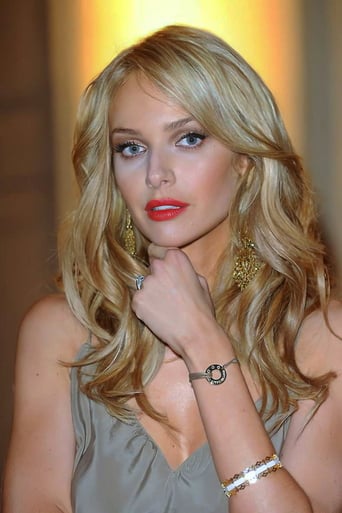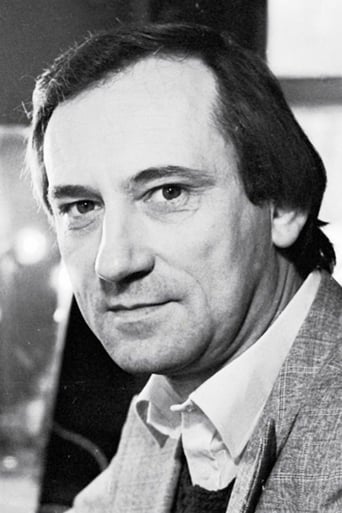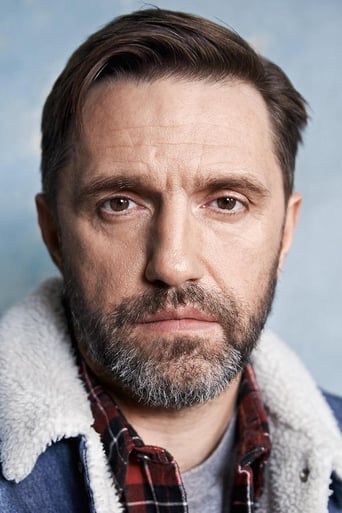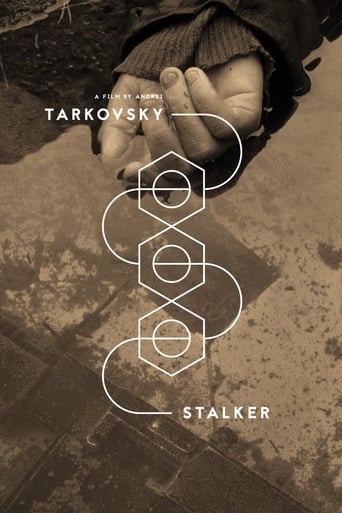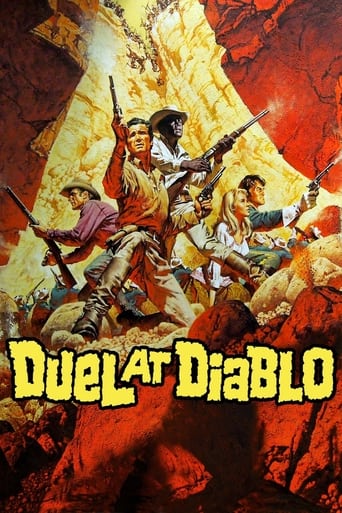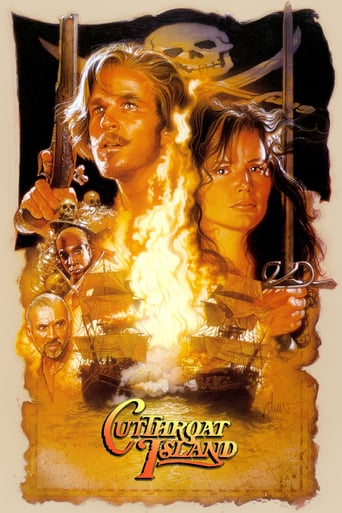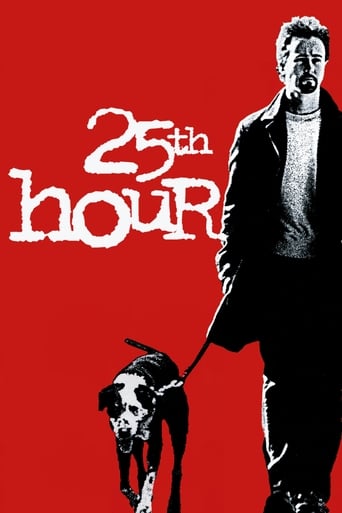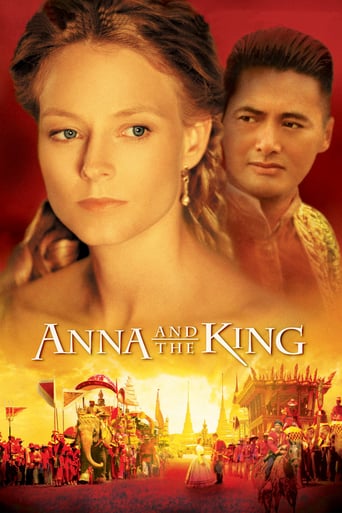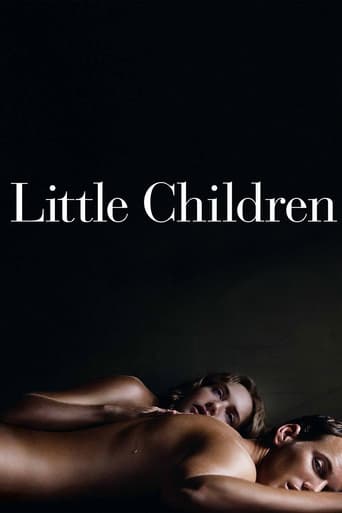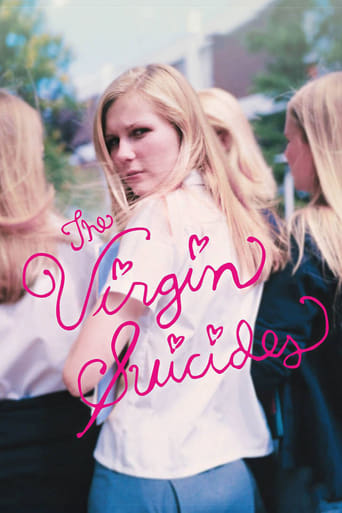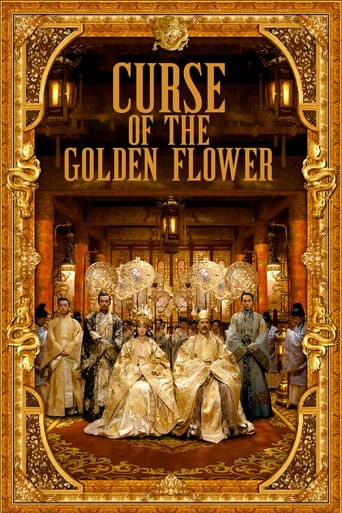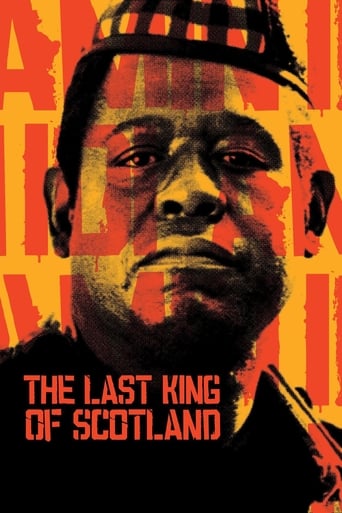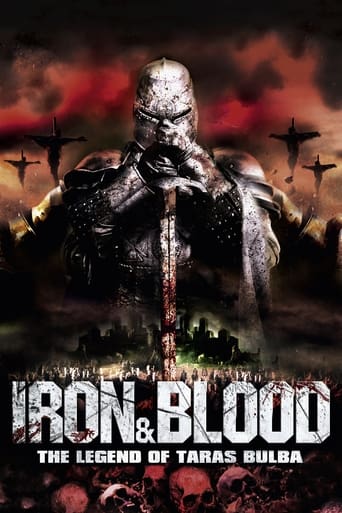

Iron & Blood: The Legend of Taras Bulba (2009)
Set in the 16th century, this is a story about Ukraine's Cossack warriors and their campaign to defend their lands from the advancing Polish armies.
Watch Trailer
Cast


Similar titles
Reviews
Just perfect...
The performances transcend the film's tropes, grounding it in characters that feel more complete than this subgenre often produces.
This is a coming of age storyline that you've seen in one form or another for decades. It takes a truly unique voice to make yet another one worth watching.
Through painfully honest and emotional moments, the movie becomes irresistibly relatable
I've seen three other films by Vladimir Bortko -- adaptations on "Heart of a Dog" and "The Master and Margarita" by Bulgakov and "The Idiot" by Dostoevsky. These were works that were close to my heart, and I thought Borko did a fantastic and mindful job of recreating them for the screen. Here he seems to have been given a much bigger budget, possibly a set of orders from the Russian government, and the short novel "Taras Bulba" by Gogol -- a piece of literature that didn't resonate with me nearly as much as the three aforementioned ones. While I loved some of Gogol's other stories, "Taras Bulba" struck me as mostly overblown, thoughtless nationalism, which didn't sit well with me. I didn't much care for this film either, so to be perfectly fair that could be because Bortko faithfully reproduced a book that I didn't love in the first place. Everything revolves around the inclusion of battle scenes and dead-serious scenes about going to battle, and it is assumed without saying that of course we will be rooting for the Cossack's over the Poles. Maybe we will be and maybe we won't, but using that as an assumption to make the film work means it's rooted in pure nationalism and nothing more. If that's alright with you, then fine, but it's not a substantive ideology. Even if we take it as given, there are few too many scenes of dying people who use their last breath to give a heartfelt speech about how the Cossack soul will never be vanquished. There are plenty of enormous pitched battle scenes with many very bloody wounds shown. The visual work on this is impressive, but it seems empty without a fuller context. The events of the plot seem entirely constructed to allow for more speeches about Cossack national spirit to be worked in, and as such are spread pretty thin. The result is that odd duck -- an action packed movie that is actually rather slow-moving. The up side is that there are some very good performances, especially from Bogdan Stupka and Igor Petrenko. They understand the material give performances that are as warlike and humorless as possible. I'm not an expert in the era of history on which Gogol based the source novel for this film, so I can't really address what has been brought up many times here -- the potential incongruity of the Cossacks mentioning Russia in their speeches and speaking Russian (as opposed to other characters, who speak Ukrainian with voice overs). But I think there is more nationalism than just Gogol's at work here, on the whole. A lot of technical skill and passionate acting went into this. Unfortunately, it's a lot of sound and fury signifying nothing but blind patriotism. That might make it a good watch for if you're about to go and kill some Polish people with your trusty sword today and need inspiration, but it doesn't make it a good film.
The 2009 Russian-made adaptation of "Taras Bulba" yet again highlights the directing genius of Vladimir Bortko. The film is beautifully crafted with spectacular costumes, truly epic battle scenes and a melodic score.The cast is hand-picked to suit the roles perfectly, with Vladimir Vdovichenkov (Brigada, Bumer) playing the patriotic Ostap. Igor Petrenko (Geroy Nashego Vremeni, Volkodav iz roda Serykh Psov) is seen in yet another negative role that the audience can sympathise with - the traitorous Andrey. The stunning Magdalena Mielcarz (Quo Vadis?, Limousine) plays Elzhbeta, Andrey's love interest, and his sole reason for betraying his father and country. However, the real show-stealer is Bogdan Stupka (Est - Ouest, Ogniem i Mieczem), who portrays the brave Cossack Colonel Taras Bulba. The fearsome leader's role is played superbly, with his character catching on the exact same vibe that came off him in the original novel. A noteworthy mention also goes to the Russian cinema veteran Mikhail Boyarsky (D'Artanyan i tri Mushketyora, Gardemariny, Vperyod!), seen as Moisei Shilo, a well-respected Cossack and a seasoned warrior.The film remains true to Gogol's 1842 edition of the novel and to history. The Cossack's repeated words of praise for the Russian Land and Orthodox Christianity can be found in the manuscript. The political situation at the end of the XVI century in Ukraine was that it's cultural and religious life was being tarnished and oppressed by the Polish-Lithuanian Commonwealth, the Rzeczpospolita. The Zaporizhian Cossacks were frequently involved in violent clashes with the Poles, which lasted well into the XVII century, until Ukraine requested Russian military assistance to finally defeat Poland and force it towards diplomacy. Interestingly, the Cossacks considered themselves independent from any nation, be it Russia or Ukraine, and they did not recognise the sovereignty of either ruler. Instead, they elected their own leaders and fought for their lands - the lands of the old Kievan Rus' that were united by Orthodoxy, and called Rus' for short.With the budget of 516 million Russian rubles, Bortko is able to re- create the feeling of the time, aided with mass numbers of actors to ensure the realism of battle. Zaporizhian Sich was built as an accurate depiction of a Cossack settlement and the costumes used are reflective of the dress sense of the various factions.Surely the picture could be improved on a number of fronts. Andrey's character development suffered, largely due to the time constraints of a single part film feature, however, that did not detract from the empathy one could experience with him. Another element that suffered from time constrains is the number of self-reflective narratives, that provide an insight on the various characters, present in the original novel. This is a common problem to all film adaptations of previously written materials.Overall, Vladimir Bortko's "Taras Bulba" is a solid historical feature and a worthy adaptation of Nikolai Gogol's masterpiece. While it is somewhat inappropriate to compare it to a mini-series, the film reaches the same high standard set by Bortko in "Master i Margarita".8/10
I was really looking forward to watch this movie but when I actually got to see it, I couldn't stand more than 15 min of this amateur level time waster- silly and unbelievable speeches, video, sound effects... it was just horrible. I fast forwarded to the battle scenes and it was just as bad- a bunch of people in pretty dresses running around, gunshot sounds taken straight out of old western movies, Polish hussars charges looked like a slow walk in a park.. the whole thing looked like a parody.If this movie was a college cinematography project, I would give it 7/10, but it wasn't, so I give 2/10 for nice dresses.
It is a unsuccessful screen version. Fights and if film consists half of war it is shown as old shootings 50 years ago are very badly made. Actors are good, but that pathos of patriots is far-fetched. It is not present at Gogol. The director did not know my opinion that on a genre will be better and has drowned all in blood.The big minus that if a trick master has been expelled from movie by director. It is a minus to the director who cannot work on modern movie. And the result of visually beautiful duels is a parody of the battle. It is attempt to make rigid cinema ridiculous when you see as fight on a background cossacks. For the main heroine have forgotten to write the text - it only laughs. Each cossack considers as the duty (before death) to tell pathos words. But they are unnatural in such situation.I am assured, that it is cinema 25000000 dollars are not necessary


